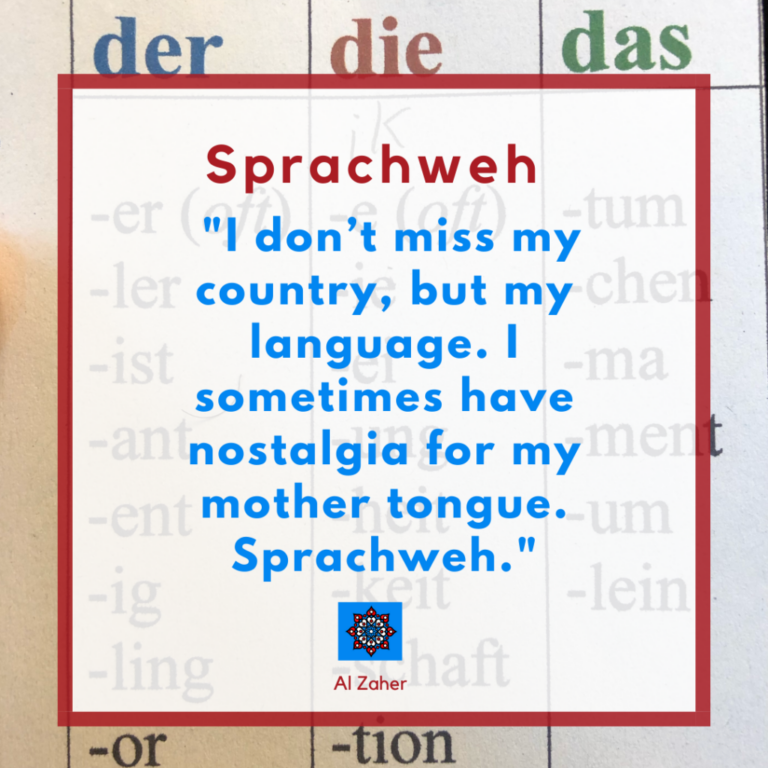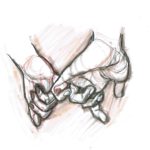When I arrived in Germany in 2015, I decided that I wanted to become integrated into society and be a committed member. My first step was to found the kohero magazine (back then called Flüchtling Magazin) together with supporters. At the end of 2017, however, I experienced a shock. For the first time, I saw an ugly side of the German society (as I knew it at the time). For the first time since my arrival, I felt unsafe in Hamburg.
Back then, I had little contact with other Syrians or Arabic speakers, which may surprise some people. It is often said that refugees and migrants in Germany “keep to themselves”, as if that automatically was a bad thing. At the time, I was very busy building up my magazine and 99% of the time I worked with Germans and German-speaking colleagues. As it all came together, I suddenly felt a deep sense of foreignness and missed my mother tongue, Arabic, very much.
Salam,
schön, dass du da bist!
Wenn du den vollständigen Artikel lesen möchtest, melde dich hier kostenlos im Online-Magazin an: Einloggen.
Wenn du noch nicht angemeldet bist, kannst du dich hier kostenlos neu registrieren:Kostenlos registrieren.
Neben unseren Online-Artikeln erhältst du dann zusätzlich alle zwei Wochen den kohero-Newsletter mit spannenden Texten, Interviews und Hinweisen zu unseren Workshops und Veranstaltungen. Viel Freude beim Lesen!
Wenn du Fragen hast oder Hilfe bei der Anmeldung brauchst, melde dich per Mail an team@ kohero-magazin.de.
Shukran und Danke!
Deine kohero-Redaktion







